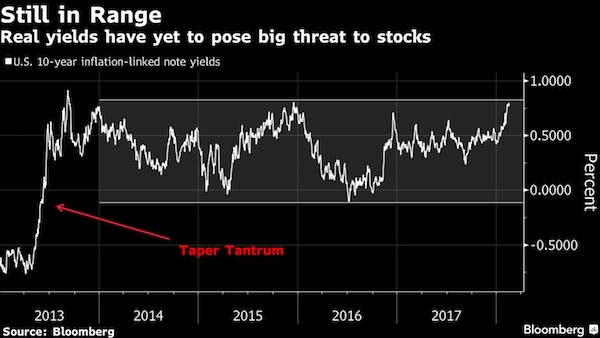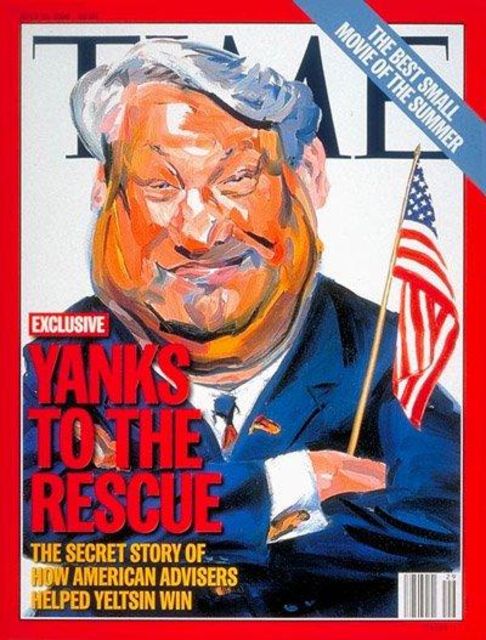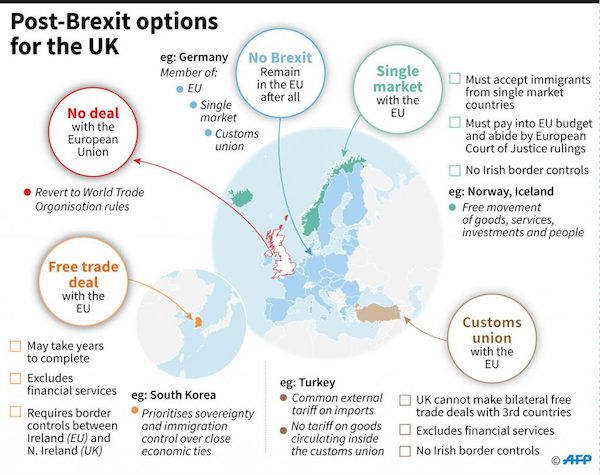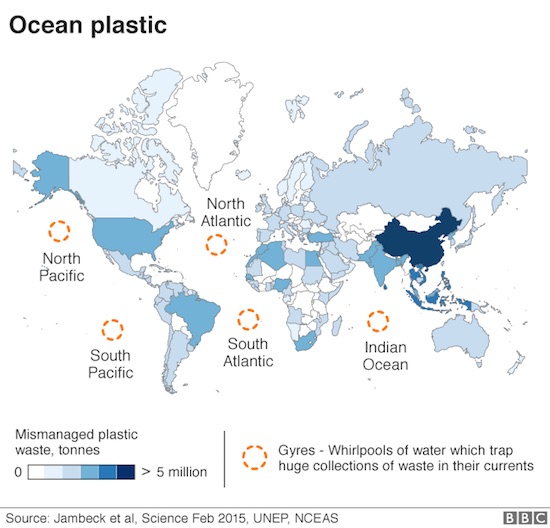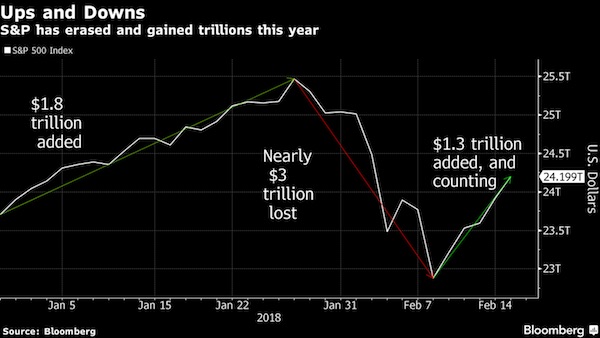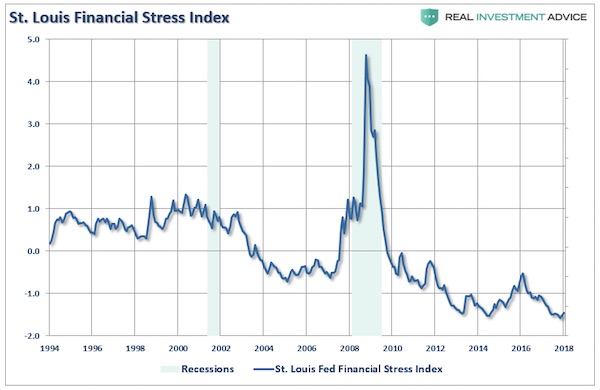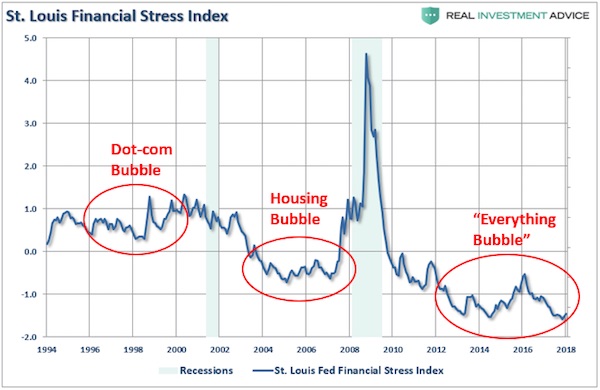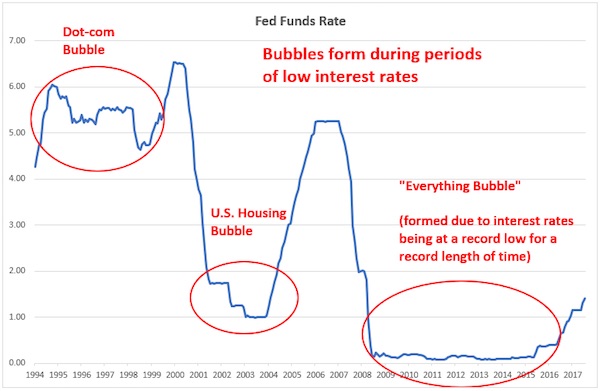
Robert Doisneau Le Baiser Blotto, Paris 1953

The only thing I, or anyone, should be writing about really today is the ultimate disgrace that is the Julian Assange extradition hearing which just started at the Old Bailey in London. What else matters on a day like this? Then again, the hearing is supposed to last for three(?!) weeks, so we’ll have plenty to say about it.
For now, I’ll just repeat: this is how we treat our best and brightest. It’s a deeply sad day. And yes, who are we to let this happen? What prospects, or even rights, do we have for a better future for ourselves and our children if we let him be silenced and killed? Don’t we allow those prospects and rights to be killed along with him?


US new daily cases at their lowest since June 21.

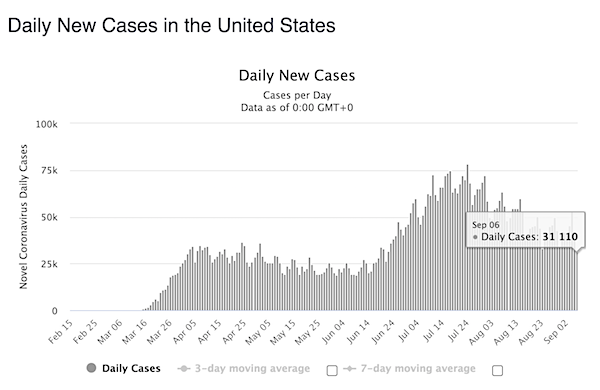

Herd immunity
https://twitter.com/i/status/1302655315939336206

it’s ironic that Julian was the only one who knew about this for years. Perhaps even more ironic, though, is that he allowed himself to be set up.
• Assange Makes His Way To Date With Destiny He Always Predicted (SMH)
As Julian Assange makes his way in a prison van this morning, London time, to the Old Bailey Central Criminal Court for his US extradition hearing, he’s heading for a date with destiny he long predicted. In Melbourne in 2010, after he had released the infamous US helicopter gunship video, Collateral Murder, which showed innocent civilians, including two Reuters news staff being mown down in a Baghdad square, Assange worried about being snatched off the streets. Now the United States is trying a less dramatic but equally questionable version of its CIA rendition program. The attempt to extradite Assange is designed to stifle dissent, sending a chill through the ranks of investigative journalists worldwide. If Assange can be prosecuted for exposing evidence of US war crimes, so can any journalist anywhere in the world.
It was just such a fear of being extradited to the US that led Assange to successfully seek asylum in London’s Ecuador embassy in 2012, where he remained until April last year when police stormed in and arrested him – a particularly zealous act for the relatively minor offence of skipping bail. As he makes his way into the court today, Assange is walking in the footsteps of one of the UK’s most celebrated investigative reporters, who exposed Britain’s worldwide electronic intelligence gathering operation. Duncan Campbell, working for the magazine Time Out in London, had revealed the existence of the then secret Government Communications Headquarters, Britain’s version of the Australian Signals Directorate and the US National Security Agency.
Campbell was arrested in 1977 with two other men and accused of being a spy. He was charged with “unauthorised receipt of classified information” and publishing information “intended to be directly or indirectly useful to an enemy”. The trial collapsed after the defence exposed the fact the prosecution had stacked the jury with military personnel and others who had signed the Official Secrets Act. It was evidence of just how far the British state would go in its attempt to secure a conviction in a national security case. Fifty years later, Assange can point to a similar intervention, when the Crown Prosecution Service appeared desperate to pressure Sweden not to “get cold feet” as it considered dropping an extradition request regarding sex allegations against Assange.
Despite repeated denials by the British government, Assange has always argued the Swedish extradition was part of a plan to pass him to the US. It seems he was right. There’s also the role of the chief magistrate, Lady Emma Arbuthnot. She broke the judicial rules of impartiality by not recusing herself from overseeing the Assange case. Her husband, a member of the House of Lords, is a former Conservative defence minister. He was also a paid consultant for a company run by the former head of MI6. A second hearing found Campbell and his co-defendants guilty of unauthorised receipt of classified information. They were given non-custodial sentences. Possibly as a result of the public uproar about what had happened, the more damaging charge against Campbell was dropped.
Assange
Julian Assange’s extradition hearing is starting very soon and there’s arguably never been a case as important for press freedom. pic.twitter.com/htxHCFfGwn
— Cassandra Fairbanks (@CassandraRules) September 7, 2020

“…every day the New York Times and the Washington Post publish classified information..”
• Interview With Barry Pollack, Julian Assange’s US Lawyer (Gosztola)
GOSZTOLA: One of the issues that has become pronounced is we see the U.S. government making this argument that Julian should be denied First Amendment rights while at the same time suggesting they can bring a prosecution under the Espionage Act. But many defense attorneys have defended alleged leakers by claiming the Espionage Act is too broad when it comes to the First Amendment, making First Amendment defenses to try to see how far those might go. How do you view this dynamic that is part of the U.S. prosecution?
POLLACK: The position that the U.S. is taking is a very dangerous one. The position the U.S. is taking is that they have jurisdiction all over the world and can pursue criminal charges against any journalist anywhere on the planet, whether they’re a U.S. citizen or not. But if they’re not a U.S. citizen, not only can the U.S. pursue charges against them but that person has no defense under the First Amendment. It remains to be seen whether a U.S. court would accept that position, but that certainly is the position that the government is taking. In the cases that have been brought under the Espionage Act to date, efforts to build defenses around the First Amendment have been quite unsuccessful. The courts have not [generally allowed or supported defenses] based on the First Amendment. But those are cases where the defendant was a leaker, not a publisher. This case is unique. The U.S. government has never tried to charge a journalist or a publisher under the Espionage Act.
GOSZTOLA: That raises an important question in my mind, which is, how can someone who is not from the U.S. be expected to submit to these U.S. secrecy laws and regulations, especially when he never signed a non-disclosure agreement? A key part of these Espionage Act prosecutions are that they are brought forward as strict liability offenses, that he signed something. It seems that there is no evidence whatsoever in favor of the U.S. government that he signed anything to agree to not disclose information.
POLLACK: That’s correct. In the cases that have been brought to date, the charges have been against an employee of the government, a government contractor, a former employee of the government, all people who entered into an agreement with the government that they would not disclose classified information. Journalists don’t enter into that type of agreement, and every day the New York Times and the Washington Post publish classified information. The Department of Justice has never charged a domestic reporter under the Espionage Act. Up until the current administration, I think it was widely understood that doing so would be inconsistent with the First Amendment. Publishers do not have those kinds of non-disclosure agreements. They report what is newsworthy, and that includes classified information that comes into their possession.
What the government is doing here is not only charging a publisher who has no non-disclosure obligation but charging a publisher who is not in the United States. They’re charging an Australian citizen, who is publishing from the U.K. So it is an unprecedented prosecution.
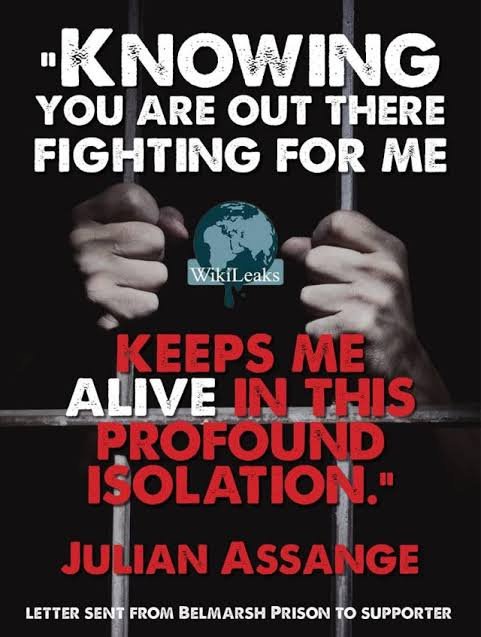

Behind the masks.
• The Fight To Control Who Reports From Portland (Reason)
“YOU’RE NOT ALLOWED TO FILM!” is a cry you hear incessantly at protests in Portland, Oregon, always shouted at close range to your face by after-dark demonstrators. You can assert that, yes, you can film; you can point out that they themselves are filming incessantly; you can push their hands away from covering your phone; you can have your phone record them stealing your phone—all of these things have happened to me—and none will have any impact on their contention that “YOU’RE NOT ALLOWED TO FILM” and its occasional variation, “PHOTOGRAPHY EQUALS DEATH!” I cannot say who came up with these anti-camera battle cries. But it’s easy to understand why protesters use them: to shape the narrative the country sees about the protests.
And that narrative, in my estimation after many weeks covering street clashes in a city where I lived for 15 years, is 90 percent bullshit. I wondered, the first time I attended the protests at the federal building back in July, who all these young people with PRESS emblazoned on their jackets or helmets were. I asked one such guy who he worked for. “Independent Press Corps,” he told me. As it turned out, dozens of other young PRESS people happened to work for the same outfit, which I at first assumed was a fancy way of saying “I want to report stuff and stream it on my Instagram.” This turned out to be naive. The IPC is an organized group in league with the activists, and it is usually their footage you see streamed online and recycled on the news: mostly innocent protestors being harassed and beaten by police.
The police indeed have tear-gassed and beaten people; there has been brutality. It is equally true, but featured less prominently in the news coverage, that activists spend hours every night menacing and setting fires to police stations and other institutions: City Hall, Immigration and Customs Enforcement headquarters, and last week Mayor Ted Wheeler’s apartment building (until he agreed to move out). With the PRESS crew recording part of the story and the “YOU’RE NOT ALLOWED TO FILM!” crew harassing other journalists, the result can be a misleading view of the protests. It’s a revolution via the cellphone video they allow you to see. The IPC and other documentarians who are deemed sympathetic to the activists’ cause agree on certain principles. You do not show activists’ faces.
You only show activists in a defensive position: responding to, rather than inciting, violence. You enhance what can appear to be police brutality, e.g., activists defending themselves with homemade shields, often bearing the anarchist circle-A, against police. The shields are largely ineffective for personal defense, but extremely effective for optics, and that’s precisely the point. If a member of the IPC is arrested, he or she will be protected. Reporters seen as not sufficiently sympathetic to the cause—which is defined by the Ten Demands for Justice, and includes most notably the abolition of the police—will be followed, be harassed, have their notes photographed and their phones blocked or stolen. (All these things have happened to me in the last month. A photographer friend has been repeatedly doxxed and placed on a list of “enemies.”)
If you forget any of these rules, you can just refer to the handy Google spreadsheet of approved journalists and suggested behavior. The spreadsheet contains names, Twitter handles, and ways to financially support the journos who make the cut.

No matter what side you’re on, this is quite the development.
• Growing Numbers Of District Attorneys Are Out To Undermine The Law (NYP)
One reason for the surging, often protracted violence in US cities is the rise of a host of progressive prosecutors who actually tilt against law and order. The trend is most glaring in places known for their kooky left-wing politics, like Portland and San Francisco, but extreme leftists have also taken over as district attorneys in cities like Chicago and Boston. Many owe big thanks for their elections to funding from far-left fatcat George Soros. In Portland, violent “protests” have dragged on for months, thanks to the idiocy of Mayor Ted Wheeler, who let hoodlums drive him out of his own condo — but also to Multnomah County DA Mike Schmidt, who dropped charges against hundreds of people arrested for offenses like interfering with cops, disorderly conduct, criminal trespass and rioting. Schmidt also made it harder to prosecute assaults on cops.
In Contra County, Calif., outside San Francisco, DA Diana Becton will now consider looters’ “needs” when weighing criminal charges. At Politico, she and four other black, female DAs (from Chicago, Boston, St. Louis and Durham) actually slammed the very criminal-justice system they were elected to enforce — ludicrously claiming it was “constructed to control Black people and people of color” and that it’s now doing just that. The Bay City’s DA is Chesa Boudin, the son of Brink’s robbery cop-killers who was raised by radical Weather Underground leaders Bill Ayers and Bernardine Dohrn. He, too, has adopted rules making it harder to prosecute suspects. Chicago’s State’s Attorney Kim Foxx, who vowed to cut the jail population, dropped 35 percent more felony cases than her predecessor over three years (including that of alleged racial hoaxter Jussie Smollett).

I think of Assange immediately when I read things like this.
• DC PR Firm Ran Fake News Networks For Right-Wing Latin American Regimes (GZ)
A major US PR firm located just a few blocks from the White House has been caught running an industrial grade propaganda operation on social media. The information warfare blitzkrieg relied on fake accounts and pages to spread disinformation on behalf of right-wing, US-backed governments in Latin America, while deploying covert propaganda to destabilize the leftist governments targeted by the US in Venezuela and Mexico. The company behind the campaign, CLS Strategies, signed a contract to represent Bolivia’s far-right junta and provide “strategic communications counsel” in the lead-up to that country’s ostensible election. After coming to power through a US-backed military coup in November 2019, the Bolivian regime has delayed the election numerous times on specious grounds.
CLS Strategies also used its network of fake accounts and pages to push propaganda on behalf of Venezuela’s right-wing opposition and the US-backed parallel coup regime of Juan Guaidó. Some of the CLS-run Facebook and Instagram profiles even posed as disgruntled Venezuelan soldiers, and called on members of the armed forces to rebel against the socialist government. Other pages claimed to be run by disaffected former supporters of leftist leaders like Venezuela’s Hugo Chávez and Bolivia’s Evo Morales. The DC-based company similarly filled social media with disinformation demonizing Mexico’s left-wing President Andrés Manuel López Obrador (AMLO) and his party Morena, who have been under increasing attack by right-wing oligarch forces. On Facebook, the PR firm spent a staggering $3.6 million on ads to promote this propaganda.
CLS Strategies has close links to the US government. The firm employs former government officials like Mark Feierstein, who oversaw Latin America policy for the Obama White House. Feierstein also served as coordinator of Latin America activities for the US Agency for International Development (USAID), a regime-change arm that has been used as a front for covert CIA operations and spearheaded the Trump administration’s coup attempts in Venezuela. Another CLS senior advisor, David Romley, worked as a Pentagon spokesman, press attaché to the secretary of defense, and public affairs officer for the US Marine Corps. Before moving to CLS, Romley also served as vice president for communications at the German Marshall Fund, a prominent Cold War-era think tank funded by the US government and NATO that has been integral in pushing the new cold war on Russia and China.
[..] he Grayzone has reported on social media corporations’ US government-backed censorship of independent media outlets and voices critical of US foreign policy. Virtually all of Facebook’s purges of alleged fake accounts have targeted foreign governments and firms in other countries. The CLS Strategies fake news ring is apparently the first time Facebook has ever taken down a US-based operation. Facebook published a press release on September 1 acknowledging that it had removed a network of 55 fake accounts and 42 pages, along with 36 Instagram profiles…

WaPo are his best friends.
• Biden Ad About Trump Plan That Doesn’t Exist Receives 4 WaPo Pinocchios (WJ)
The truth is that the Biden campaign lied, according to The Washington Post, which awarded the campaign its maximum rating for untruthfulness over a recent ad. The ad puts a highly unfavorable spin on President Donald Trump’s executive order that created a payroll tax holiday. The order did not end the payroll tax, which funds Social Security, but deferred it. Trump’s order was accompanied by comments from the president saying that he would like to see the tax eliminated in the future and that if re-elected, he would seek to make that happen. The Biden ad claimed: “The chief actuary of the Social Security Administration just released an analysis of Trump’s planned cuts to Social Security. Under Trump’s plan, Social Security would become permanently depleted by the middle of calendar year 2023.
“If Trump gets his way, Social Security benefits will run out in just three years from now. Don’t let it happen. Joe Biden will protect Social Security.” Well, not quite. As The Post noted, Stephen Goss, the chief actuary of Social Security, was asked by four Democratic senators to respond to “hypothetical legislation” that would mandate a “zero percent” payroll tax. The senators wanted to know how long it would take for Social Security to run out of funds if no money flowed into its coffers. “I am not aware that anyone has proposed the hypothetical legislation you describe,” Goss riposted in his reply. He then said that if there was no new money flowing, the fund would run dry up in 2023.
However, Goss also said that if any new legislation used the U.S. Treasury’s General Fund instead of the payroll tax as the source of the funding to meet Social Security’s needs, which is what Trump proposed, “the projected depletion date of the trust fund reserves would be essentially unaffected by the legislation.” What this means, according to The Post, is that “Democrats ginned up a letter from the chief actuary to describe a plan that does not currently exist.” [..] “The ad cites ‘Trump’s plan.’ But the actuary’s letter says it is referring only to a hypothetical plan sketched out by Democrats.”
The Post pointed out that the Biden campaign ad misrepresents Goss’ letter. “The ad asserts that if ‘Trump gets his way,’ benefits will run out. But actually the letter says if transfers are made from general funds, no benefits would run out. That, at least at the moment, is what Trump says he would do. “That adds up to Four Pinocchios,” Kessler wrote. On its ratings scale, no whopper is a bigger lie than one that receives four Pinocchios.
Pelosi: Wrap-up smear
Pelosi & the Compulsion to Confess. Here is the anatomy of the “Wrap Up Smear.” Whether it be used against a salon owner, or @realDonaldTrump, this is the strategy of the deranged. Every attack launched against POTUS has & will fit within this diagram. pic.twitter.com/F2eeFiH2jM
— Tammy Bruce (@HeyTammyBruce) September 6, 2020

The Fed will have to end itself. We’re not able.
• A Rogue Institution And Clear & Present Danger To Liberty In America (Stockman)
We have never heard more gibberish, double talk, and lies from one podium than we have from Fed Chairman Powell. There is no other way to say it: The Fed has become a dangerous rogue institution that has usurped plenary power over the financial system. This is all based on implicit theories that eventually lead to a massive speculative blow-off, even as it sucks the vitality out of the Main Street economy in the interim. The implicit theory is brazenly simple: The Fed believes that relentless credit expansion fosters greater economic growth and full employment. It believes that there is no practical limit to how much debt the household, business, and government sectors of the economy can tolerate or any notable adverse trade-offs from ever-higher leverage ratios.
Self-evidently, lower interest rates foster more debt issuance. When economic growth falters for any reason, the Fed’s first action is to push rates even lower. This ratcheting process has gone on for more than three decades, and interest rates have, for all practical purposes, been obliterated. The chart below takes all the short-run bobbing and weaving out of the GDP data by showing the rolling 20-year average of annual growth. It is dispositive. By 2019, the rolling 20-year growth trend had fallen to 2.1% per annum—a figure less than half of the 4.4% level in place exactly 50 years ago.
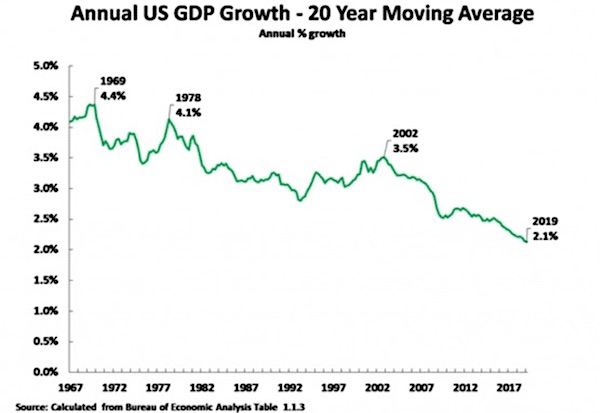
The above dismal trend line was not for want of trying with the debt elixir. At the end of 1969, total public and private debt (blue area in the chart below) stood at $1.54 trillion, which has since mushroomed to, well, nearly $78 trillion! In exactly half a century, the level of debt weighing on the US economy attributable to all borrowers—households, businesses, governments, and financials—is up by 51X. However, at the same time, the national income or nominal GDP (red area in the chart below), which supports it, has risen by only 21X. That alone points to the skunk in the woodpile.
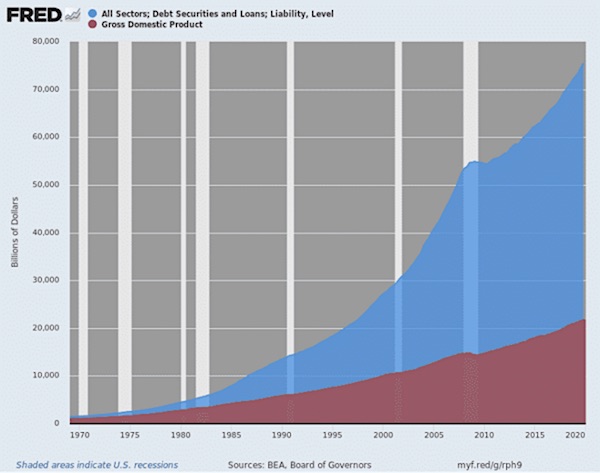
The debt-to-GDP ratio in 1969 stood at 1.47X, which had been roughly centered in that area for a century since 1870—an interval that saw the greatest explosion of economic growth, mass prosperity, technological progress, and accumulated wealth in human history. It happened without any increase in the national leverage ratio at all. It had remained at the golden mean of 1.5X debt-to-income throughout. Today the total debt-to-national income ratio stands at 3.47X, or exactly two more turns of debt than 50 years ago. To be sure, two extra turns of debt sounds like investment banker jargon, but the phrase captures the essence of the rot that lies at the heart of the nation’s financial system and economy. Those two extra turns amount to $43 trillion of incremental debt, which constitutes the millstone crushing economic growth and the rudiments of sustainable prosperity.

Is Germany just out for cheaper gas?
• Russians Are The Dumbest Idiots On The Planet! (Saker)
Russians are dumb. Hopelessly stupid. They are amateurs of the worst kind. Ignoramuses on steroids. Why? Well, for one, their so-called super-dooper biowarfare agent “Novichok” seems unable to kill anybody. The Russians must have realized that. This is why, when they tried to kill Skripal (after freeing him from jail) they put that Novichok thing all over the place: on the bench near Salisbury, on Skripal’s door handle, even in some bottle of perfume a local addict found in the trash. Probably all over the Skripal home, and this is why the Brits initially said that they would tear down the extremely toxic place (yet both the Skripal cat and their hamster survived – tells you how utterly useless that pretend biowarfare substance really was…). One would have thought that after this total cluster-bleep the Russians would have learned their lesson.

But no. They are clearly too dumb for that. So they decided to poison Alexei Navalnyi, a well-know “dissident”. And they failed. Again! Not only did they use exactly the same “Novichok” (or so says the German media), they allowed Navalnyi’s aircraft to make an emergency landing and the FSB did nothing to prevent an ambulance to bring Navalnyi to a hospital. Apparently, the FSB does not even have the authority to prevent such urgent treatment of the man they want to kill. Heck, they can even create a traffic jam to prevent Navalnyi from getting to a hospital. How incompetent! Even worse, these accursed Russki doctors gave Navalnyi atropine, the exact same substance the Germans gave him. Makes me wonder if these doctors were not all CIA/BND agents trying to save Navalnyi’s life…
Clearly, the FSB are also stupid: they can’t even get aircraft or doctors to obey them… But it gets worse. In spite of the fact that Navalnyi has broken the terms of his suspended sentence and in spite of the fact that such a person cannot leave the country, these Russian imbeciles allowed him to fly to Germany while his body was still full of Novichok sloshing around. All the Russians needed to do to kill Navalnyi would have been to give him a heart attack using any one of the many untraceable agents in existence (say, potassium chloride). In despair, the clueless FSB might have caused Navalnyi do die in a car “crash”. But they can’t even do that. Shame on you, FSB! And since Navalnyi is diabetic, killing him ought to be fantastically simple: just give him the wrong dose of meds and, voilà, bye-bye Navalnyi. But not, these idiots decided to use the now infamous Novichok.

We try to run the Automatic Earth on donations. Since ad revenue has collapsed, your support is now an integral part of the process.
Thank you for your ongoing support.

Feynman
https://twitter.com/ProfFeynman/status/1302459153768611840
Growing robot
A robot inspired by vines can grow 25,000 times its original size pic.twitter.com/PapIHecQ10
— Mashable (@mashable) September 6, 2020

Support the Automatic Earth in virustime.



